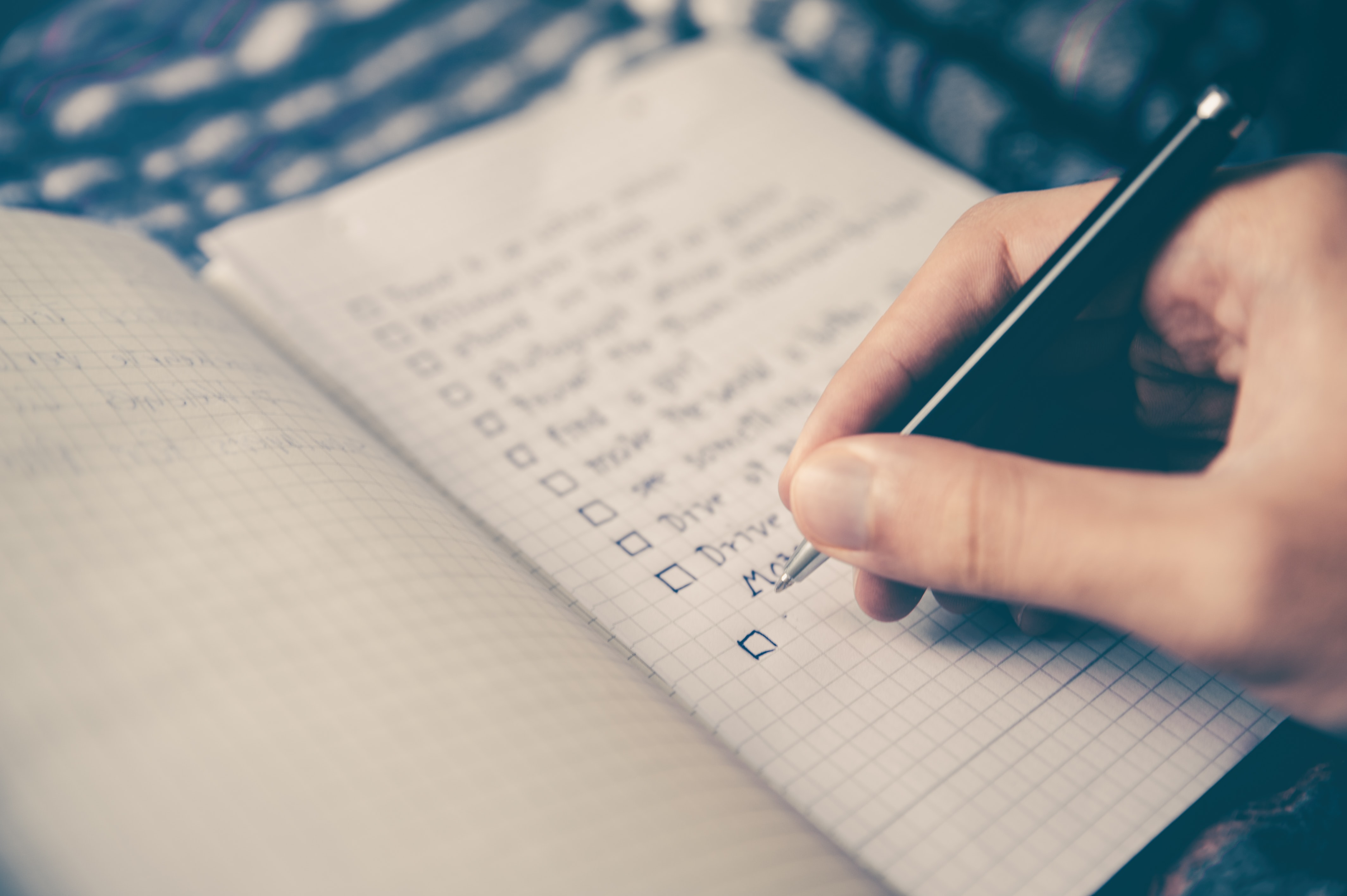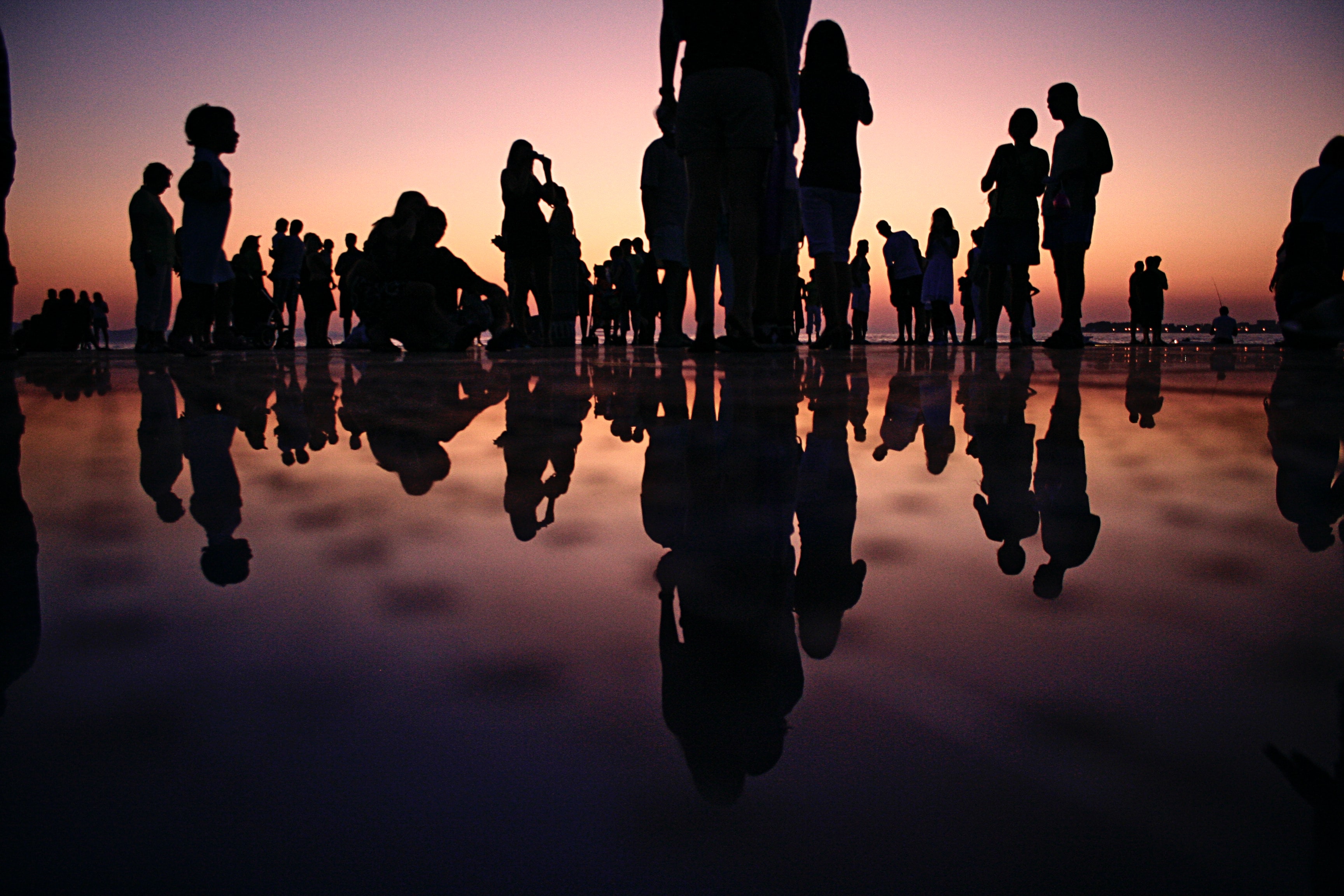Just less than four months ago, at the dawn of 2020, people were declaring: this is the decade, this is the year, this is my year! And then…
COVID-19. A term which didn’t exist six months ago. Physically, mentally and emotionally, we have all been affected. This is clear. But, with signs that contagion in some countries is slowing, we can see the dim light of the post-coronavirus world at the end of the tunnel.
Our lives have come to an inconceivable, grinding halt. This forced pause is a time for us to look around us and within. For the lucky, this pandemic is an opportunity to break the chains we have wrapped around our own lives.
But how?
Take stock
If you’re lucky and healthy, the distractions are at an all-time low. The excuse of “I haven’t had time” is no longer quite as convincing. So take stock. How are you? Are you where you want to be in terms of your career, relationships, finances and personal development? Are you moving forwards in the right direction?
Ask yourself those tough questions that you know you need to ask to truly evaluate where you are.

Do the work
You know the drill. If you really want something, you have to do it. You have to put the effort in, but this is sometimes easier said than done. So here are three ideas to help you.
1. Tiny habits. What small thing can you do daily/weekly that will contribute to your overall goal?
B.J. Fogg, a Stanford University researcher and author of the book “Tiny Habits,” found that it is difficult for people to sustain the huge effort required to make big changes. Instead, he recommends starting with “tiny habits” to make new change/actions as easy as possible in the beginning. I saw evidence of this when working with a client who was really struggling with their business and their motivation was at rock bottom. But through setting “tiny habits” of playing sport once a week and doing 10 minutes of French everyday on a language app, these small actions quickly snowballed into huge changes.
2. Make yourself accountable. Tell a partner, family member or friend that you are going to complete this by this date.
A study by Psychology Professor, Dr Gail Matthews found that those participants who simply thought about their goals only achieved 43% of their goals. In comparison participants who wrote down their goals and sent weekly updates to their friends achieved on average 76% of their goals. Personally, I would say that almost every client I have had has mentioned that, despite there being no real consequence if they didn’t complete their actions they previously committed to, simply seeing our next session in their diary spurred them into action.
3. Break the task into smaller actions. Make larger projects less daunting by dividing them into manageable chunks.
As Melissa Gratias Ph.D. and workplace productivity coach explains breaking large pieces of work into smaller ones reduces the likelihood of procrastination as we not only see where we need to begin better but the work seems more approachable. I used to loathe not completing a whole task, believing it was a complete waste of time if I couldn’t cross a task out completely. Now I actively break bigger tasks down. This blog, for example, was split into three: draft, edit and finalize, publish. Consequently, this task seems less of a challenge and more measurable as I can see the progress I am making.
Look around
The horrific statistics, news and images surrounding us at the moment have forced us to look around and to look at people that we didn’t have time to see and engage with. It’s a reminder that we are not individual units just getting on with things. We are all interconnected and even though we are physically in our individual homes we are all part of something bigger. We need to look around us and accept this, we are not alone. We need others and others need us. So in this post pandemic world how can you contribute? How can you strengthen your groups and communities? And if you did connect more and play a bigger role in your world, what would that give you?
This global forced pause could allow us to take stock. Which we could give us clarity on what work we need to do to start the journey to get us there and that part of that work is for us to become both better for ourselves and those around us.
So, who are you going to be post-COVID-19?



